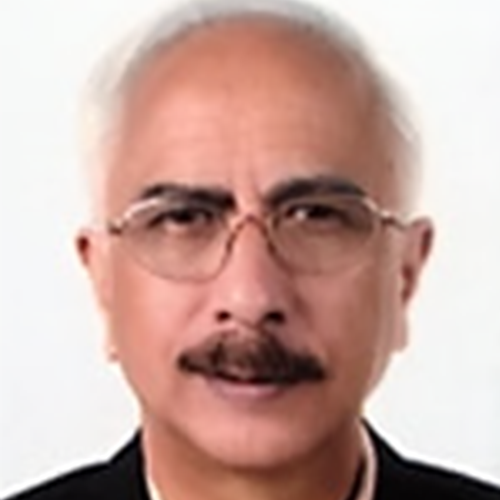
Advisor, Former Vice-Chancellor
Tribhuvan University
Prof. Dr. Kedar Bhakta Mathema
Best Wishes
Until relatively recent times, schooling used to be the prerogative of a small proportion of the population. This was no less true for the schools for scribes in 3000 BCE Mesopotamia or Egypt or for pre -19th century England or mid-20th century Nepal. Mass education or public schooling, which emerged in 19th century England, has now become a common feature of all the modern state. There is now no country in the world which does not provide free and sometimes compulsory education to its people up to a certain school level.
When public schooling emerged in England, the purpose was more to serve the interest of the state, that is to produce disciplined and loyal citizenry. In the early stage of the Industrial revolution in England, which is agreed to have lasted from1780 to 1850, schools were never seen as an instrument to economic development. It was much later after a relationship between education and industrial development was established, that governments started to accord more importance to public education. In the decades after the sixties, when various studies showed correlation between education and economic development and the upliftment of general wellbeing of the people that public education began to receive high priority from all governments.
Nepal, a country that suffered many years of isolation, neglect of development and a century-long autocratic regime, witnessed a phenomenal growth in public education in the decades after 1951.Currently however the share of students in public schools compared to private schools is steadily declining owing to the less than satisfactory quality of education in many public schools.
We have two options. One is to let the status quo remain as it is with private schools slowly taking over the school education in Nepal. The second option is to make all efforts to improve and strengthen public education in the country so that someday most people choose to send their children to public schools.
Those who push the first option see privatization as the answer to all public problems. They overlook the fact that our present education system categorizes students into social classes according to their socio-economic backgrounds and provides them with unequal educational opportunities leading to very unequal benefits.
Those who choose the second option see the value of public education as a place which offers apprenticeship to children for their future civic life. Not only do they help strengthen democracy, but they also help build a cohesive society by bringing children of all classes and creeds under one umbrella for quality education.
The key to strengthening public schools is to enhance the competence of teachers and boost their morale. And this is where I appreciate PP Foundation which gives ‘best ‘teachers award to several teachers every year. The awards are given after collecting recommendations from all over the country and putting these recommendations through a meticulous selection process. The aim here is to recognize hardworking teachers, the ‘unsung heroes’, who are usually outside the orbit of our attention and thank them for their dedication to the education of our children. I laud this and many other efforts made by PP Foundation towards strengthening the public education system in the country. I express my best wishes for the continued success of the Foundation, and its plans for further usefulness.